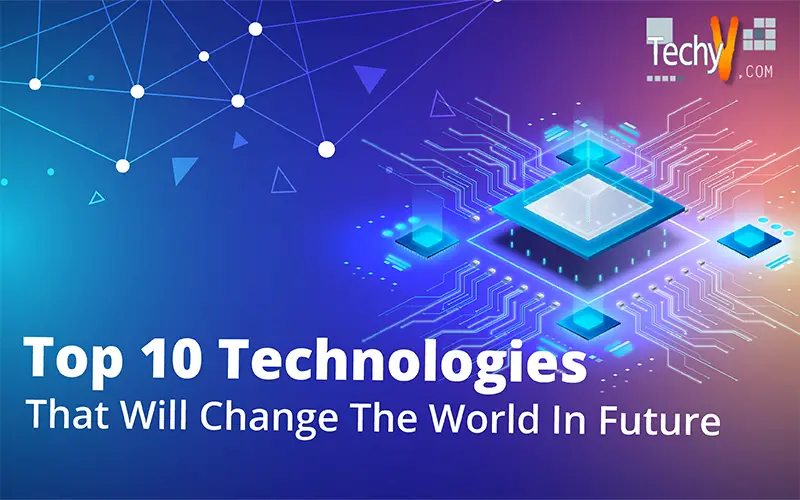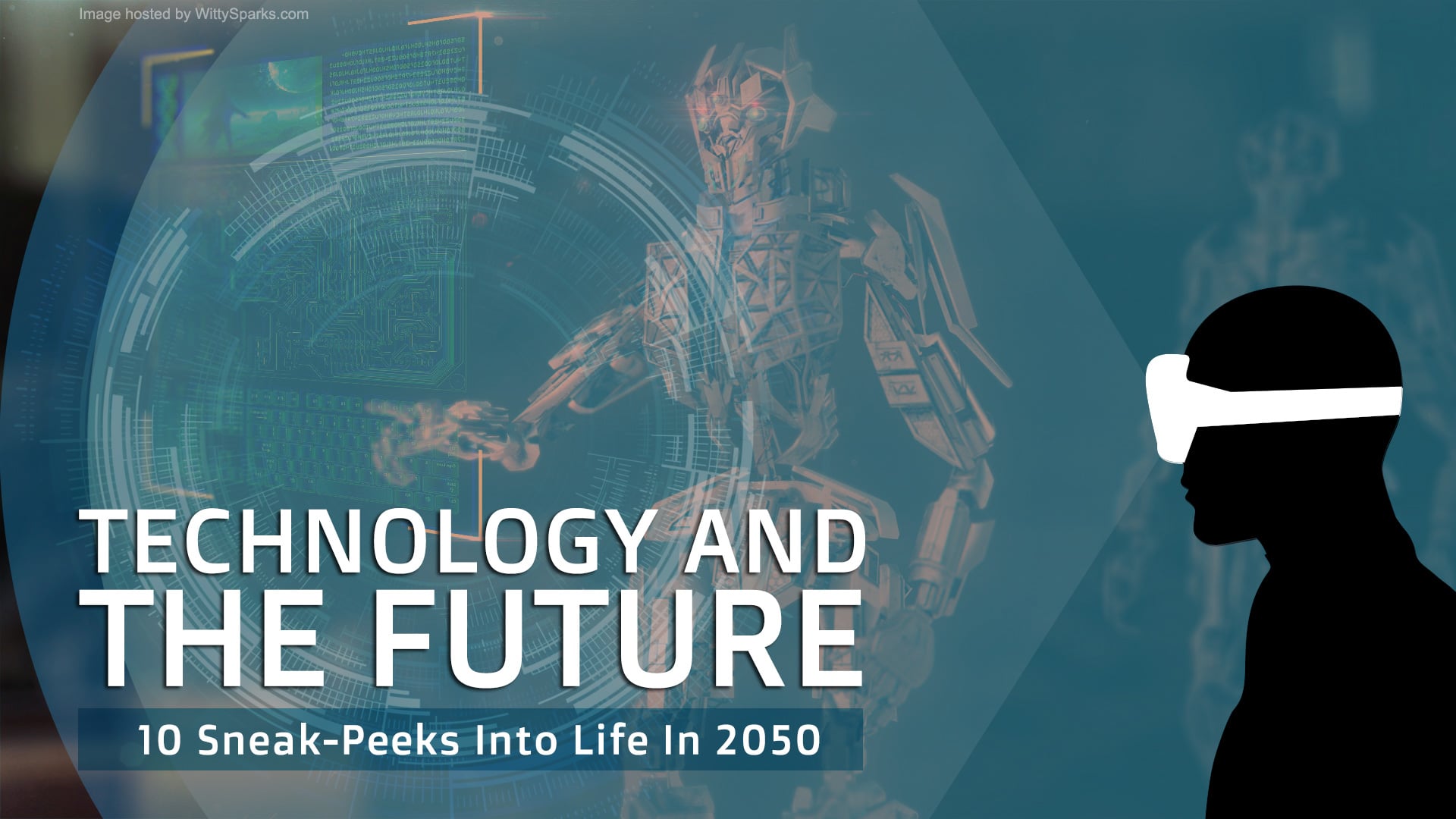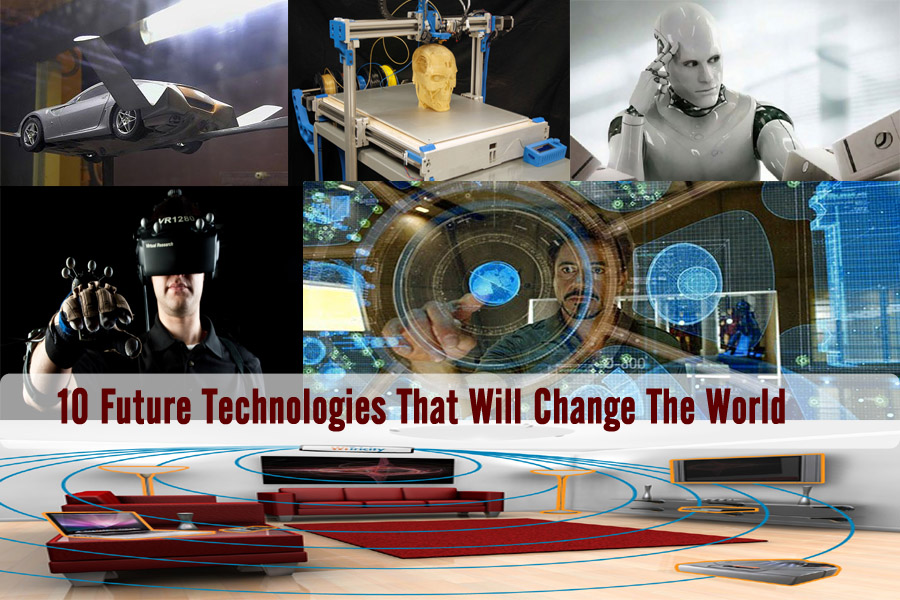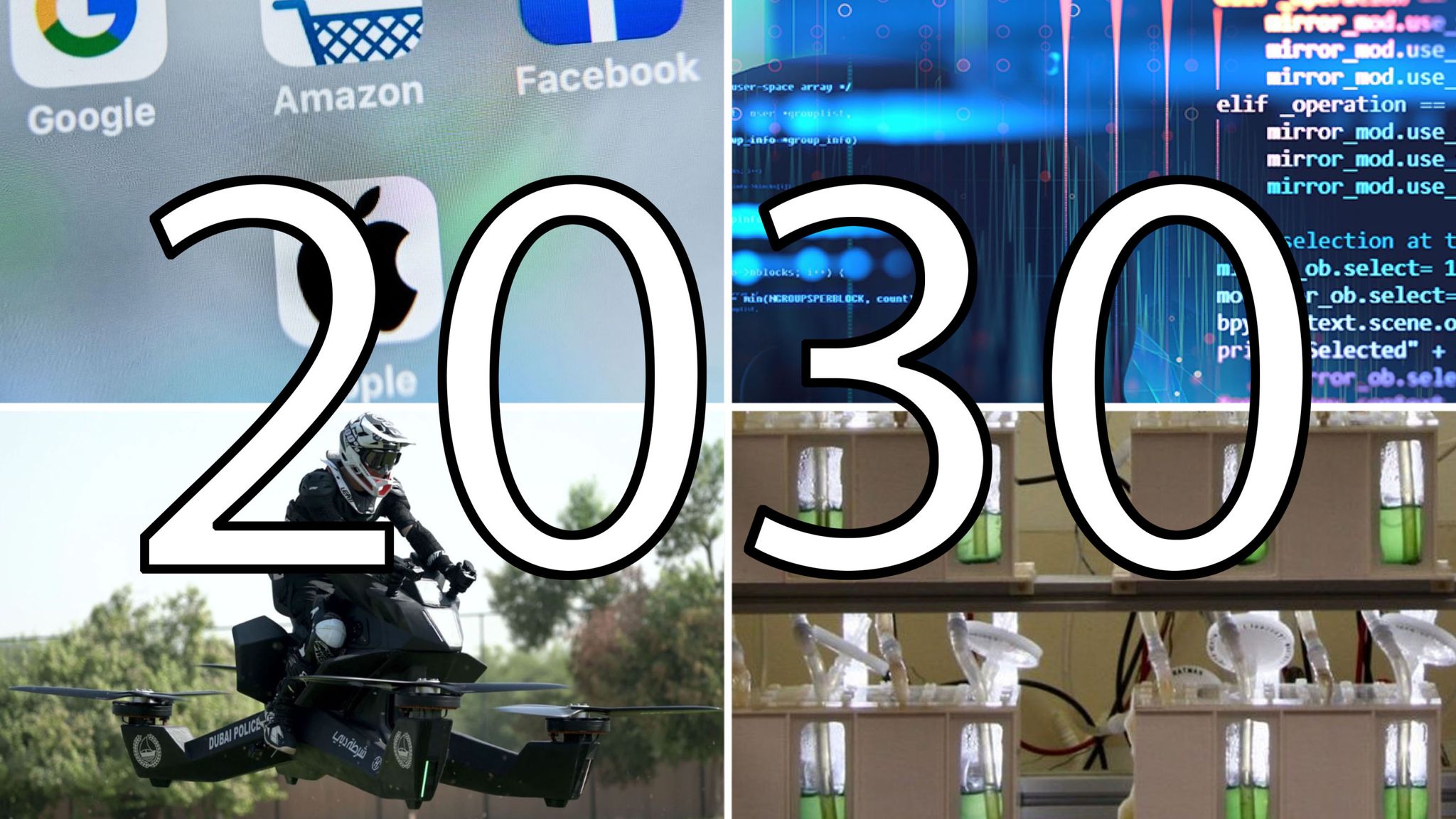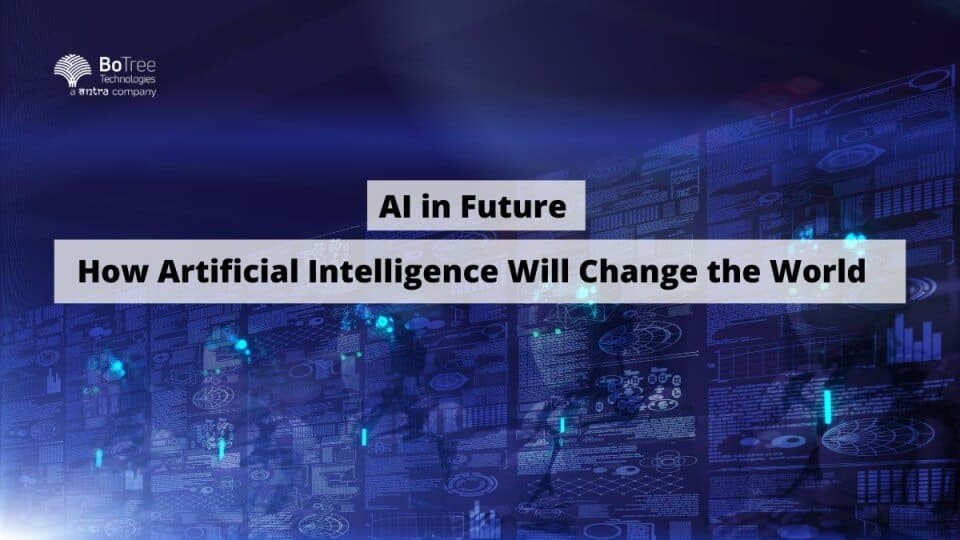How Will Technology Change In The Future

The relentless march of technology continues, promising to reshape our world in profound ways. From the mundane tasks of daily life to the complexities of global challenges, technology's influence is poised to deepen, demanding careful consideration of its potential benefits and unforeseen consequences.
This article delves into the projected technological advancements across various sectors, examining the transformative potential of artificial intelligence, biotechnology, sustainable energy, and quantum computing. It aims to provide a balanced perspective, exploring both the opportunities and challenges that lie ahead as we navigate this era of unprecedented technological change.
The Rise of Artificial Intelligence and Automation
Artificial Intelligence (AI) is no longer a futuristic fantasy but a rapidly evolving reality. We are already seeing AI’s integration in many industries.
From self-driving cars to personalized medicine, AI's capabilities are expanding exponentially, promising increased efficiency, improved decision-making, and entirely new avenues for innovation. "AI is set to revolutionize every sector of the economy," predicts a recent report from Gartner, highlighting the potential for significant productivity gains and economic growth.
Concerns surrounding job displacement due to automation remain a central focus. Experts suggest a need for proactive measures, including reskilling and upskilling programs, to equip the workforce with the necessary skills to thrive in an AI-driven economy.
Biotechnology and the Future of Healthcare
Biotechnology holds immense potential to transform healthcare, agriculture, and environmental sustainability. Gene editing technologies like CRISPR offer the possibility of curing genetic diseases and enhancing crop yields, while personalized medicine promises to tailor treatments to individual needs.
"The convergence of biology and technology is creating unprecedented opportunities to address some of the world's most pressing challenges, from disease eradication to food security," states a report from the World Health Organization.
However, ethical considerations surrounding gene editing and data privacy must be carefully addressed to ensure responsible innovation. Regulation and public dialogue are critical to navigate these complex issues.
Sustainable Energy and Climate Change Mitigation
The urgent need to address climate change is driving innovation in sustainable energy technologies. Solar, wind, and geothermal energy are becoming increasingly cost-effective and efficient, paving the way for a transition to a cleaner energy future.
Battery storage technology is also advancing rapidly, enabling greater integration of renewable energy sources into the grid. Experts believe we will see a dramatic decrease in carbon emissions.
Investing in research and development of new energy sources, such as hydrogen and nuclear fusion, will be crucial to achieve long-term sustainability goals. Governments need to enforce strict regulations.
Quantum Computing: A Paradigm Shift
Quantum computing represents a paradigm shift in computation, promising to solve problems that are intractable for even the most powerful classical computers. Applications range from drug discovery and materials science to financial modeling and cryptography.
While still in its early stages, quantum computing is rapidly advancing, with companies and research institutions racing to develop stable and scalable quantum processors. This technology is considered a high-risk, high-reward area.
The development of quantum-resistant cryptography is essential to safeguard sensitive data in the face of potential threats from quantum computers. Experts believe this tech could shape the next decade.
Challenges and Considerations
Technological advancements are not without their challenges. Issues such as cybersecurity, data privacy, and algorithmic bias must be addressed to ensure that technology benefits all of society.
Bridging the digital divide and ensuring equitable access to technology is crucial to prevent further social and economic inequalities. Education and digital literacy programs are essential to empower individuals to participate in the digital economy.
Furthermore, the ethical implications of emerging technologies must be carefully considered. A global effort must be set up to address these issues.
The future of technology is one of both immense promise and potential peril. By embracing innovation responsibly and proactively addressing the associated challenges, we can harness the power of technology to create a more sustainable, equitable, and prosperous future for all. Continuing conversations and collaboration between technologists, policymakers, and the public are essential to navigate the uncharted territory that lies ahead. Only by engaging in thoughtful dialogue can we ensure that technology serves humanity's best interests.



